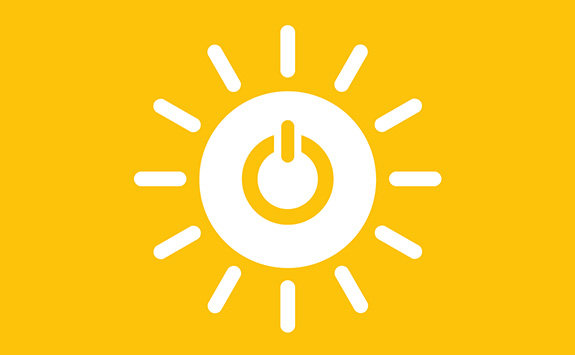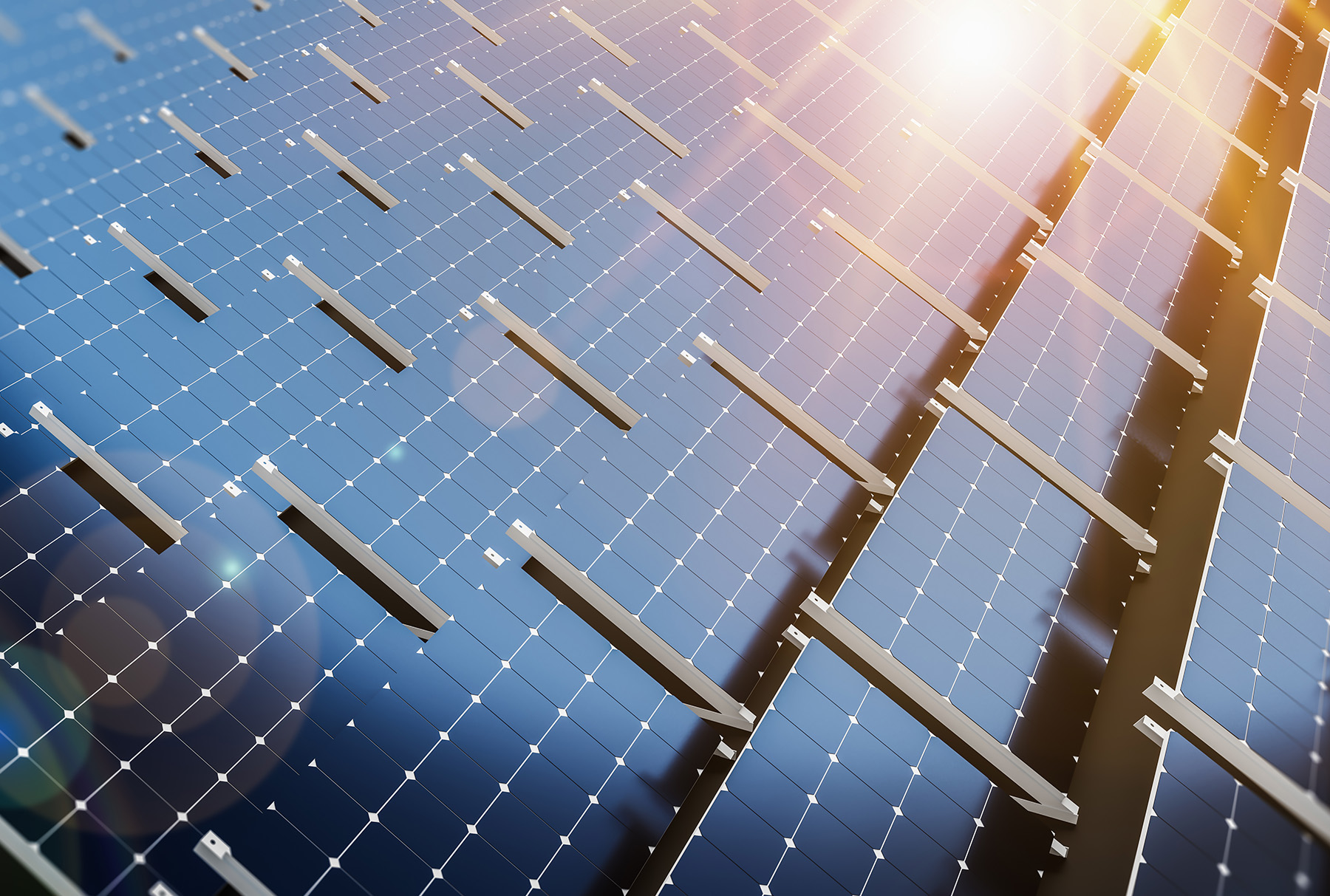Affordable and Clean Energy
Ensure access to affordable, reliable, sustainable and modern energy.
UN Sustainable Development Goals
17 Sustainable Development Goals are at the core of the United Nations' 2030 Agenda for Sustainable Development. They represent a blueprint for peace and prosperity that all its member states adopted in 2015.
Find out more about how Newcastle University is working towards these goals to help create a better and fairer world.
Goal 7
We are taking action to decrease our energy usage and increase our use of renewable energy.
We have an Energy Management System certified to ISO 5001. The management system enables us to continually improve energy performance.
We have research centres that focus on energy security and sustainability in the UK and overseas.

Our activity
Energy management on campus
We follow a Sustainable Construction Specification policy. This ensures we meet energy efficiency standards with all renovations or new builds.
When we are renovating, we ensure that we are upgrading to a higher energy efficiency. We commit to improving the energy efficiency of buildings within the University’s Energy Management System (EMS). The EMS is the framework which allows us to track, measure and reduce its energy consumption.
We have a target of net zero carbon dioxide emissions by 2030. Our Climate Action Plan outlines the actions that we are going to take. We will reduce energy usage and increase renewable energy sources to reach our target.
Our research
The Centre for Energy is one of our Newcastle University Centres of Research Excellence. They aim to look at different types of energy systems locally, nationally and globally and improve these systems.
The National Centre for Energy Systems Integration draws expertise from leading academics across the UK. They investigate challenges of energy supply, sustainability and affordability.
The Global Challenges Academy has a project titled Utilising Renewable Energy to Improve Rural Livelihoods. It brings together researchers from Europe and Africa to look at using renewable energy to reduce food losses.
